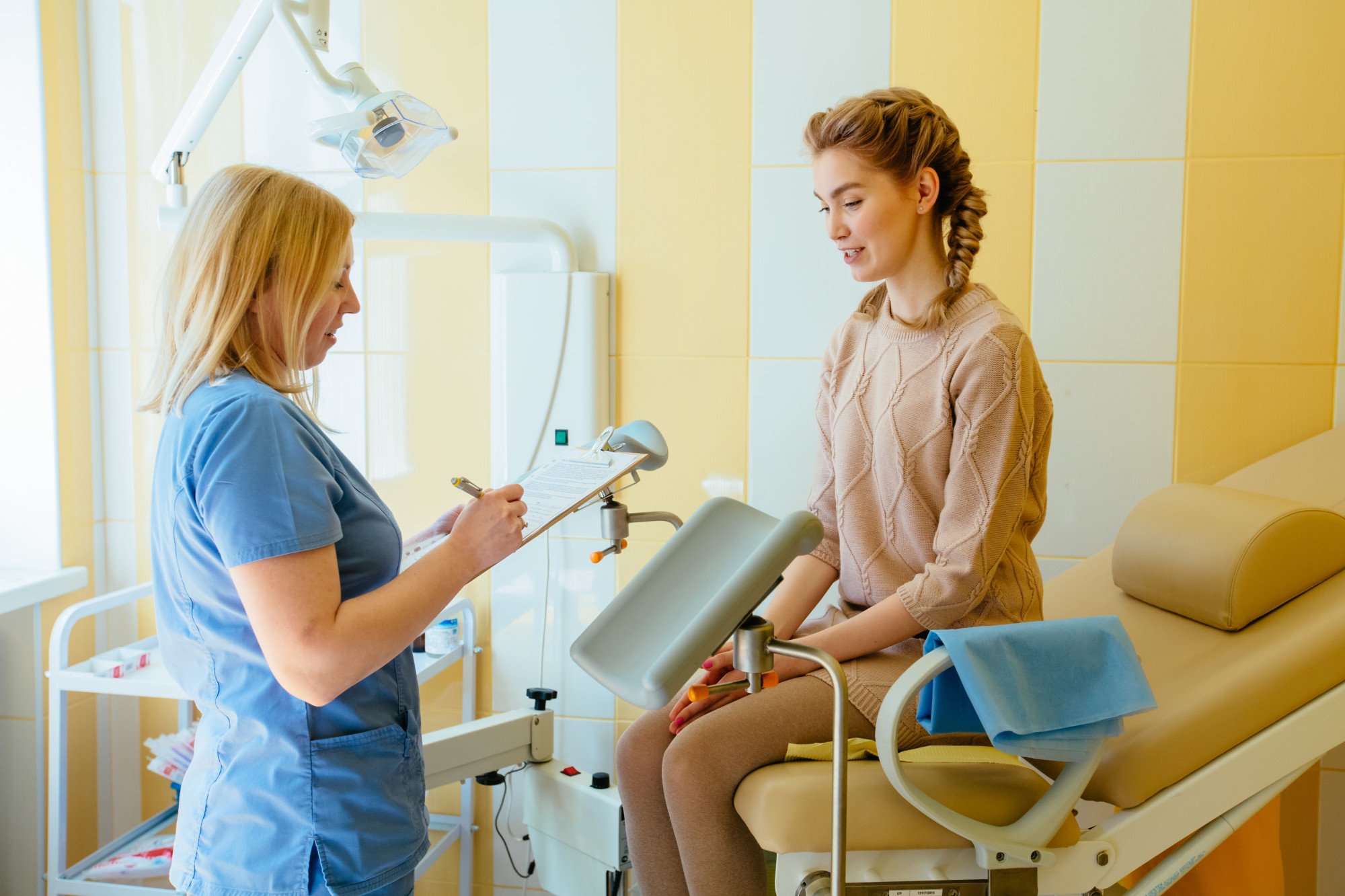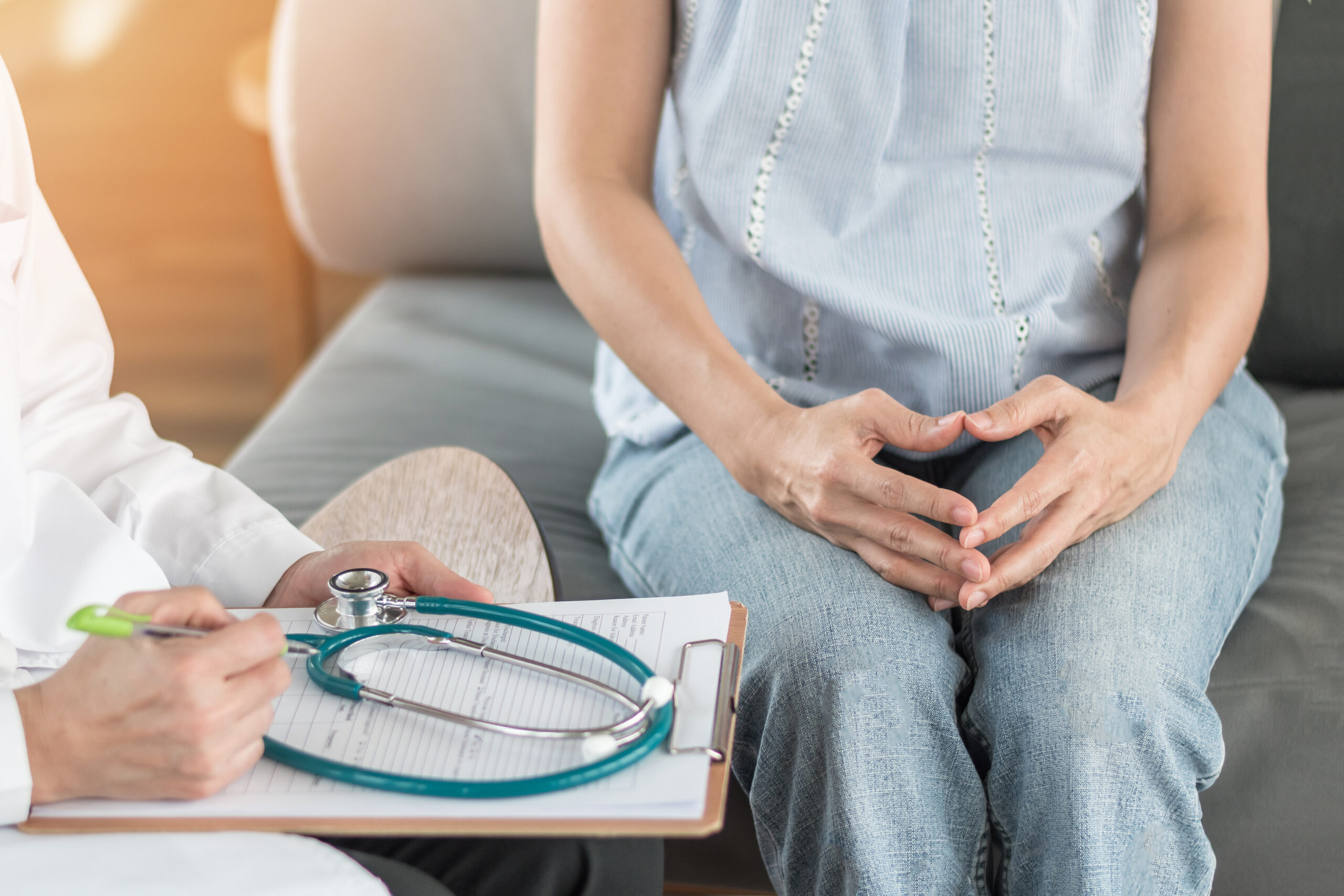Introduction
Regular visits to a gynecologist are an essential part of maintaining a woman’s reproductive health. However, many women are unsure about when exactly they should schedule an appointment. This guide will help clarify the key signs, symptoms, and life stages when seeing a gynecologist is important.
What Does a Gynecologist Do?
Gynecologists specialize in women’s reproductive health, including the diagnosis and treatment of conditions affecting the uterus, ovaries, vagina, and breasts. They also provide routine preventive care such as Pap smears, breast exams, and contraceptive counseling.
Recommended Routine Visits
Annual Checkups
Women should generally have a gynecological exam once a year, even if they feel healthy. These visits usually include:
- Pelvic exam
- Pap smear to screen for cervical cancer
- Breast exam
- Discussion of menstrual cycles, contraception, and sexual health
First Visit to a Gynecologist
It is recommended that girls have their first gynecological visit between ages 13 and 15 or when they become sexually active. This visit focuses on education, answering questions, and establishing a health baseline.
When Should You See a Gynecologist Outside Routine Visits?
Irregular or Painful Menstrual Cycles
- Extremely heavy bleeding or spotting between periods
- Severe menstrual cramps interfering with daily life
Unusual Vaginal Symptoms
- Persistent itching, burning, or unusual discharge
- Foul odor or unusual color of vaginal secretions
Pelvic Pain
Chronic or sudden pelvic pain can be a sign of infections, cysts, or other underlying conditions requiring medical evaluation.
Concerns About Sexual Health
- Pain during intercourse
- Concerns about sexually transmitted infections (STIs)
- Questions about contraception or fertility
Pregnancy and Family Planning
- To confirm pregnancy and receive prenatal care
- For preconception counseling and fertility assessments
Menopause and Postmenopausal Symptoms
- Hot flashes, mood changes, or vaginal dryness
- Screening for osteoporosis or hormone replacement therapy advice
Breast Changes
- Lumps, pain, or nipple discharge
- Guidance on breast cancer screening
Signs You Should Seek Immediate Medical Attention
- Severe abdominal or pelvic pain
- Heavy vaginal bleeding or passing large clots
- Fever along with pelvic pain
- Sudden swelling or pain in the breasts
How to Prepare for Your Gynecologist Visit
Keep a Symptom Diary
Note any unusual symptoms, their frequency, and severity.
List Your Questions
Prepare questions related to your menstrual cycle, contraception, or any concerns.
Medical History
Be ready to share your medical history, family history, and sexual health background.
Conclusion
Visiting a gynecologist is crucial not only for managing health issues but also for preventive care. Whether it’s routine annual exams, managing symptoms, or planning for pregnancy, timely consultations help maintain overall well-being. Don’t hesitate to schedule an appointment when you notice changes or have questions about your reproductive health.
FAQs
1. How often should I visit a gynecologist?
Generally, once a year for routine checkups, but more often if you experience symptoms or have specific health concerns.
2. Is it normal to feel nervous before the first gynecologist visit?
Yes, it is common. Remember, gynecologists are professionals who prioritize your comfort and privacy.
3. Can I see a gynecologist if I’m not sexually active?
Absolutely. Gynecological care is important for all women regardless of sexual activity.
4. What should I do if I experience pain during intercourse?
Schedule an appointment with your gynecologist as this can indicate underlying issues that need treatment.
5. Are gynecological exams painful?
Most exams are quick and cause minimal discomfort. Communicate with your doctor if you feel pain during the exam.












